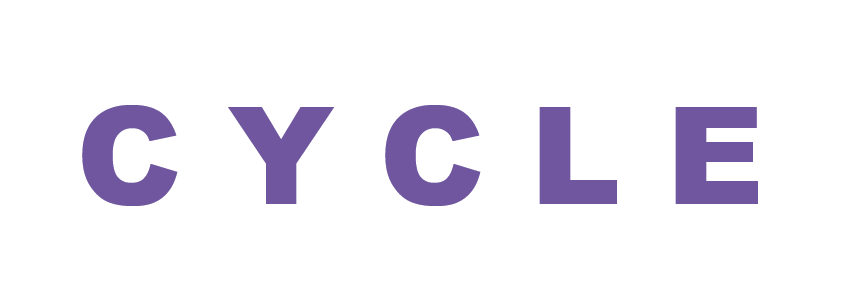CRYPTOPIAN STATES May 26 2018
CURATORIAL STATEMENT
2018 marks the centennial of Icelandic sovereignty and the festival takes this historical commemoration to task from the perspective of colonial history. In 1918, Iceland was granted sovereignty in its union with The Kingdom of Denmark. That union was subsequently broken by the founding of the Icelandic republic in 1944 - an event which marked the beginning of a long and ongoing process of decolonization in the Northwest Atlantic region where Greenland, the Faroe Islands, and Iceland have sought and gained increasing independence from Denmark. In another corner of the Danish realm and a year before Iceland gained its sovereignty, 1917, Denmark also sold off its Caribbean Islands to the United States. The islands, St. John, St. Croix, and St. Thomas - now known as the U.S. Virgin Islands - were originally acquired by Danish authorities in the context of The Transatlantic Slave Trade during the 17th and 18th centuries.
One hundred years later, the process leading towards independence still underwrites politics in the North Atlantic. In the Faroes, a referendum on whether the country should have its own constitution is planned to take place later this year and in Greenland, the government recently appointed their first independence minister and is aiming to have a constitution drawn up within the next few years.
Even if the concept of “former colony” has not been so present in the Icelandic national narrative, academics, social commentators, and artists have increasingly started to question the status of the country and its history from that perspective. The dominant national narrative was largely formulated in romantic terms during the negotiation of the country’s independence at the end of the 19th and beginning of the 20th century. This narrative can be said to have reached an all-time-high during the unprecedented post-millennial economic boom - the reign of the Icelandic “business Vikings”. After the major economic breakdown of 2008, locally referred to as “the Crash”, the post-colonial perspective has gained weight alongside a revision of the circumscribed nationalist narrative in Iceland.
The history of the Danish Realm harbors a variety of acts of colonial rule. These range from a monopoly on trade, resource extraction, annulment of the outcome of a democratic referendum, as well as the brutal trade in human beings, slavery and forced removal of children from their families as part of “social betterment” -projects. Such acts have long-term conditional effects that define what possibilities can be imagined for the future or in the present, how politics and economic relations play out, and what types of fears or control mechanisms are implemented. These west-atlantic countries have certainly played, and still play, a vital role as “the other place” - where explosive natural power is juxtaposed to a long history of European culture. Historical colonial association with the natural state has for instance led to Icelanders, Greenlanders and the Faroese being perceived as original, authentic, unspoiled or even uncivilised and barbaric. This image has sometimes been rejected and at other times embraced by the “natives”.
The heritage of colonial relations is linked to how these countries are, in somewhat different ways, carving out their place in the global context. As with ‘modernity’, colonial history produces a variety of conditions. It is not necessarily an either- or but leaves grey areas where a variety of experiences and effects play out. The notion of the crypto-colony is designed to capture such multiplicity.
What nuances lie within the relationship of the former colonies of the Danish Kingdom? What kind of space is there for solidarity between these countries? How has whiteness underpinned the Icelandic and Faroese experience? What kinds of nationalisms are mobilized through today´s independence narratives and how does this translate to the growing nationalist sentiment across Europe and the wider international context?
The timely application of post- and decolonial perspectives is by now widespread within the field of arts. This particular project aims to bring that practice into the contradictory space between national sovereignty as a liberating strategy and nationalisms’ forceful tendencies. The uneven process of decolonisation of this intimate yet disconnected corner of history - the former and still partly dependent Danish colonies - is a novel field for this task: If sovereignty is an essential point on the path to decolonization, how can newly independent nations avoid enforcing the same oppressive ideologies of colonialism once more?
Team of curators: Gudny Gudmundsdottir, Jonatan Habib Engqvist, Sara S. Öldudóttir
PARTICIPATING ARTISTS
Adam Christensen, Anna Júlía Fridbjörnsdóttir, Anna Rún Tryggvadóttir, Bryndís Björnsdóttir, Edward Fuglø, FRZNTE, Georg Gudni, Hulda Rós Gudnadóttir, Halla Mia Ólafsdóttir, Hrefna Hörn Leifsdóttir + Sara Rosengarten, Inuk Silis Hoegh, Ivalo Frank + Jessie Kleeman, Julius von Bismarck + Julian Charrière, Julie Edel Hardenberg, Jeannette Ehlers, Kolbeinn Hugi, Libia Castro + Olafur Olafsson, Laali Lybert, Magnea, Magnús Sigurðarson, Melanie Ubaldo, Ragna Róbertsdóttir, Ragnar Kjartansson, Petur Thomsen, Superflex, Steinunn Gunnlaugsdóttir, Sara Kramer, Unnar Örn J. Auðarson, Ensemble Adapter, Icelandic Choir Berlin, Uyaraqk.





